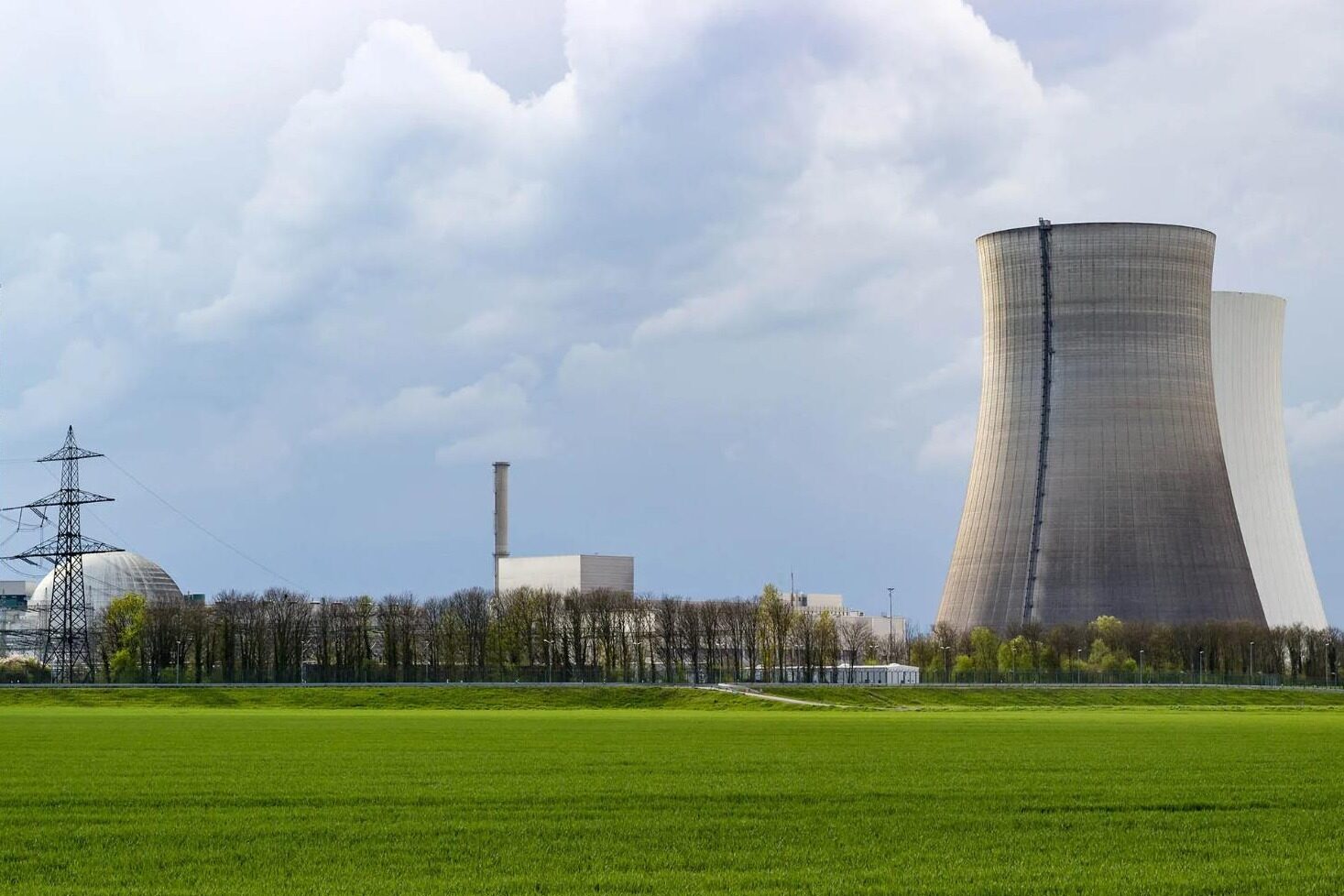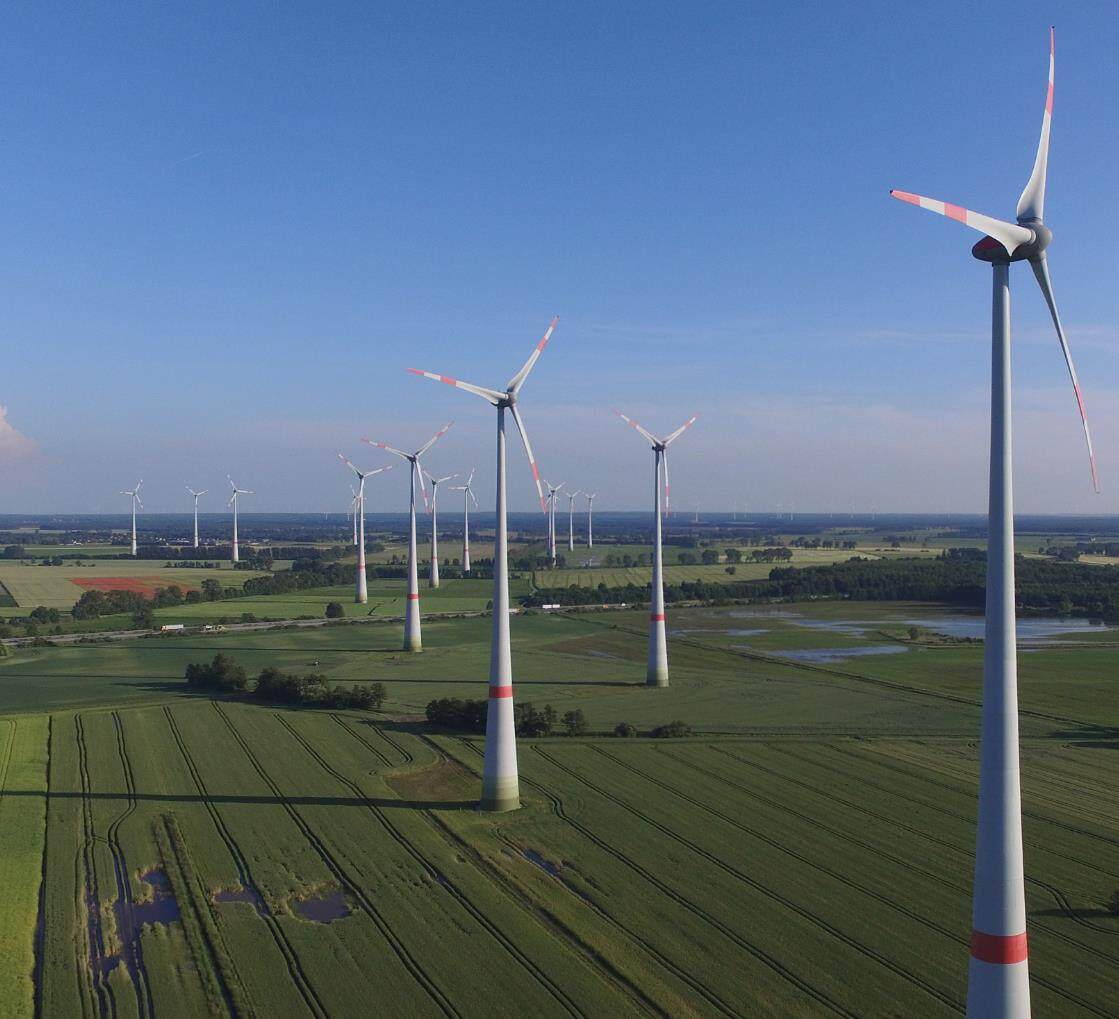- The German government is actively planning other energy development directions to meet domestic energy demand
- Germany will complete most of its reform work by 2023, making its electricity market more reliant on renewable energy supplies by the end of the decade

On April 19, 2023, the German cabinet passed a bill banning most new oil and gas heating systems from 2024. Germany's ruling coalition has agreed that every new heating system installed in the country must use 65 percent renewable energy from 2024. While the government has a policy to reduce greenhouse gas emissions, the opposition claims it imposes incalculable costs on poorer households.

Under the Act, homes can use heat pumps running on renewable electricity, district heating, electric heating or solar thermal systems as an acceptable alternative to traditional fossil fuel heating. However, the agreement includes some waivers and a transition period before full implementation.
The government plans to provide a 30% subsidy for residential households, with an additional 10% subsidy if consumers choose to transition to renewable energy earlier than required by law. In addition, for low-income families receiving state benefits, an additional 20% subsidy will be provided.
Currently, about 80 percent of the heating needs of German buildings are met by fossil fuels. Under the new law, Germany will have to shut down 500,000 kilometers of its gas distribution network over the next 20 years, making 71%-94% of its existing gas network redundant, according to a study.

The news comes as part of Germany's plan to become carbon neutral by 2045 and cut emissions by 65% as early as 2030. The draft bill budgets the shift to cost the country some 9.16 billion euros a year until 2028. Costs will then fall in half from 2029, as the country expects a simultaneous expansion of renewable energy capacity. Funding for the subsidy will come from the Climate and Transition Fund, which will allocate 180 billion euros to green investments between 2023 and 2026.Editor/XingWentao
Comment
 Praise
Praise
 Collect
Collect
 Comment
Comment
 Search
Search














Write something~